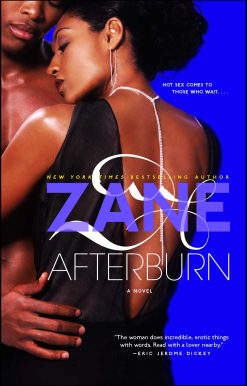Description
A group of soldiers travel by train across the United States in the aftermath of the First World War. One of them is horribly scarred, blind and almost entirely mute. Moved by his condition, a few civilian fellow travellers decided to see him home to Georgia, to a family who believed him dead, and a fiancée who grew tired of waiting. Faulkner’s first novel deals powerfully with lives blighted by war.
Additional information
| Weight | 0.234 kg |
|---|---|
| Dimensions | 2 × 12.9 × 19.8 cm |
| Author(s) | |
| Format Old` | |
| Language | |
| Pages | 336 |
| Publisher | |
| Year Published | 2000-10-5 |
| Imprint | |
| Publication City/Country | London, United Kingdom |
| ISBN 10 | 0099282828 |
| About The Author | Born in 1897 in New Albany, Mississippi, William Faulkner was the son of a family proud of their prominent role in the history of the south. He grew up in Oxford, Mississippi, and left high school at fifteen to work in his grandfather's bank.Rejected by the US military in 1915, he joined the Canadian flyers with the RAF, but was still in training when the war ended. Returning home, he studied at the University of Mississippi and visited Europe briefly in 1925.His first poem was published in The New Republic in 1919. His first book of verse and early novels followed, but his major work began with the publication of The Sound and the Fury in 1929. As I Lay Dying (1930), Sanctuary (1931), Light in August (1932), Absalom, Absalom! (1936) and The Wild Palms (1939) are the key works of his great creative period leading up to Intruder in the Dust (1948). During the 1930s, he worked in Hollywood on film scripts, notably The Blue Lamp, co-written with Raymond Chandler. William Faulkner was awarded the Nobel Prize for Literature in 1949 and the Pulitzer Prize for The Reivers just before his death in July 1962. |
By universal consent of critics and common readers, Faulkner is now recognised as the strongest American novelist of the century, clearly surpassing Ernest Hemingway and Scott Fitzgerald, and standing as an equal in the sequence that includes Hawthorne, Melville, Mark Twain and Henry James |
|
| Other text | There is no writer living who can play upon a scene the rich and Rembrandtesque flame that Faulkner commands |
Only logged in customers who have purchased this product may leave a review.






Reviews
There are no reviews yet.